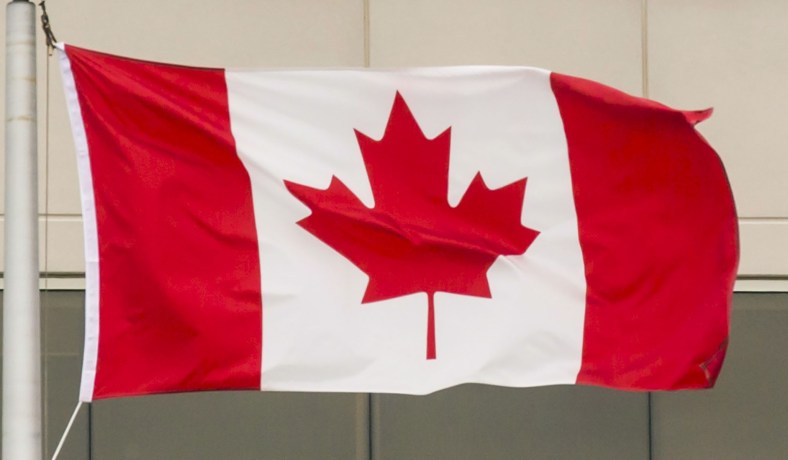Media reports indicate that around 80% of these fraudulent letters were associated with students hailing from Gujarat and Punjab.
Canada’s Immigration, Refugees, and Citizenship Canada (IRCC) has identified more than 10,000 fraudulent student acceptance letters this year, as reported by The Globe and Mail, a Canadian newspaper. This finding comes in the wake of heightened examination of international student applications, with 500,000 documents assessed in 2024 under more rigorous verification protocols. Media sources indicate that around 80% of these counterfeit letters were associated with students from Gujarat and Punjab.
What prompted the implementation of stricter measures?
The enforcement action follows a 2023 event in which international students received counterfeit acceptance letters from an unauthorized consultant in India, resulting in potential deportation threats. In response to such occurrences, Canada has implemented a requirement for designated learning institutions (DLIs) to authenticate acceptance letters via an online portal.
Bronwyn May, the director-general of the International Students Branch at IRCC, informed a parliamentary committee that the verification process identified fraudulent documents in 2% of the cases, with an additional 1% pertaining to admissions that had been cancelled.
Concerns regarding the exploitation of students.
Jenny Kwan, the immigration critic for Canada’s New Democratic Party, characterized the findings as “highly concerning.” Kwan stated to The Globe and Mail, “Canada must take responsibility to safeguard international students who have fallen victim to fraud.”
Additionally, there are increasing worries regarding the possible involvement of certain educational institutions, as numerous colleges and universities have allegedly neglected to verify the authenticity of letters.
Government response and recent changes
The IRCC has intensified its investigations, which now include an inquiry into 2,000 cases concerning students from India, China, and Vietnam. Among these cases, 1,485 students presented fraudulent documentation, resulting in refusals of entry or deportation.
“International students ought to have a rewarding and successful experience in Canada, and the significant changes implemented today will contribute to that,” stated Marc Miller, the Minister of Immigration.
Key changes introduced recently include:
Stricter LOA verification: Since December 1, 2023, nearly 529,000 letters of acceptance have been verified, with over 17,000 flagged as invalid or cancelled.
DLI compliance reporting: DLIs must submit biannual reports confirming student enrolment. Non-compliance could result in suspension from admitting new students for up to a year.
Permit conditions monitoring: Students who drop out or fail to meet permit conditions face investigation and enforcement action.
What about Quebec institutions?
Quebec’s designated learning institutions have not yet participated in the compliance reporting system; however, the IRCC is actively working towards their integration. A grace period has been established until the system becomes fully operational for institutions in Quebec.
The implications for international students are significant.
The IRCC has implemented a regulation mandating that students acquire a new study permit when transferring between institutions. This measure aims to uphold the integrity of the International Student Program and to shield students from potential financial and legal risks.
In a press release dated November 15, the IRCC stated, “This change aligns with the significant efforts we have undertaken to enhance the integrity of the International Student Program.”



